5 Reasons to Choose Etsy for Ethical + Eco-Friendly Purchases
This post is in partnership with Etsy and contains affiliate links.
As a self-professed lover of less stuff, it’s not often you’ll find me talking about shopping. But I accept, we all need to buy some things sometimes.
I know that when I need to buy something, I want it to be the most ethical, sustainable, long-lasting and environmentally sound choice that’s available to me.
I’m guessing you do too.
Usually that means eschewing the big box stores, avoiding the high street chains and instead choosing second-hand or supporting the independent stores, small producers and local craftspeople.
But finding these businesses and people can be tricky. Plus if we live away from the big capital cities, our options can be limited. And that’s where Etsy comes in.
I wanted to talk a little bit about what Etsy is, who it’s for and why you might want to consider it if you’re someone passionate about living with less waste and more sustainably.
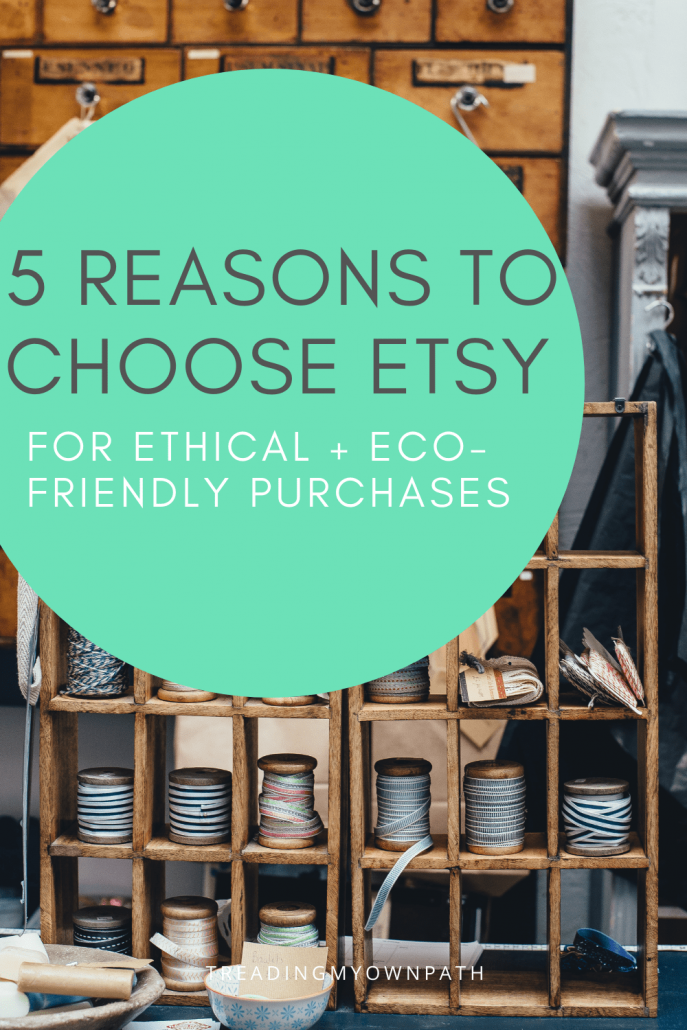
What is Etsy?
Etsy is an online marketplace that allows people to connect and buy (or sell) unique, handmade and/or vintage goods. Etsy’s core mission is to help artists and crafters make a living. It’s a platform that makes it easy for sellers to sell and buyers to buy, but it’s more than just a selling platform.
It’s about connecting people.
It’s possible for sellers to post updates and share messages, and buyers to leave feedback (and photographs) – which gives it a really human, community feel and makes buyers feel connected to the people who make the items.
Who is Etsy for?
When I’m giving talks about living with less waste I often say, there are two types of people in the world. Those that know how to make things, and those that do not know how to make things.
Etsy is the bridge that connects us.
No-one has the time, patience and will to learn how to make everything. For those things we can’t make ourselves, we generally need to buy them. Whenever people ask me where they can buy reusable produce bags, beeswax wraps (or their vegan wax wrap equivalents) and natural skincare products (including zero waste make-up) I always suggest looking on Etsy.
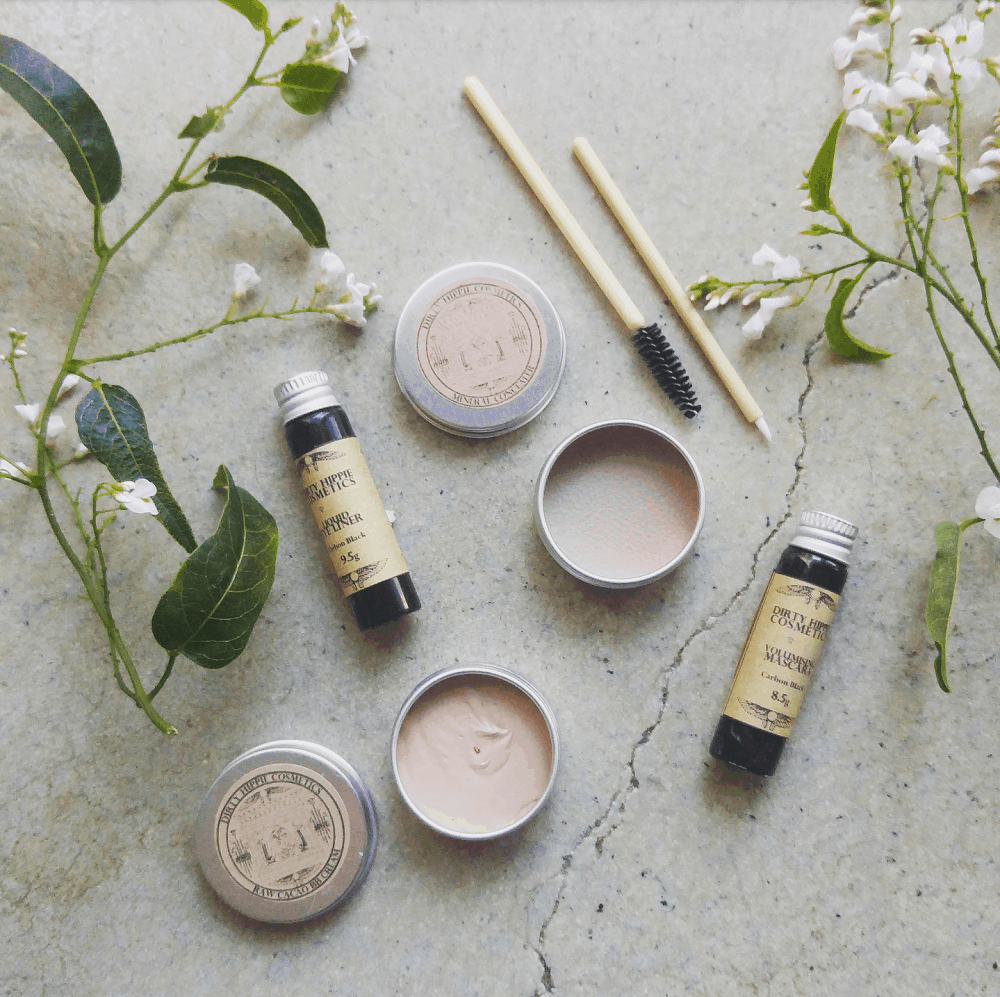
The people who sell on Etsy range from those who make a full-time income from it, to hobbyists who are able to sell their creations to fund their craft.
5 Reasons Why Etsy is a Good Choice for Eco-Friendly and Ethical Purchases
Let’s be clear. I’m not encouraging anyone to buy stuff they don’t need. But when we do need to buy things, Etsy is a good option. Here’s why.
1. It’s the opposite of mass-produced.
Mass production tends to go hand-in-hand with corporate capitalism, where things are made as cheap as possible through externalising the costs. What that means is, companies exploit the land, create pollution and underpay workers so customers can buy things cheaply.
And most of this mass produced stuff isn’t made to last, because these companies need customers coming back and buying more stuff.
Etsy, on the other hand, champions producers who offer handmade goods, or produce things in small batches. One person or even a small-scale workshop simply can’t pump out huge volumes of stuff. And so there is an emphasis on unique, personalised, customisable, well-made and thoughtfully produced items.
2. You’re supporting real people to make a living (and receive a fair reward for their work).
Have you ever heard the phrase, ‘when you buy from a small independent business, a real person does a happy dance’? I always hold this thought with me when buying from a small business, local maker or skilled artisan.
It gives me a deep sense of satisfaction to know the names of the people who make my things (like Claire from Etsy store Small World Dreams, who made my bag, and lives right here in WA).
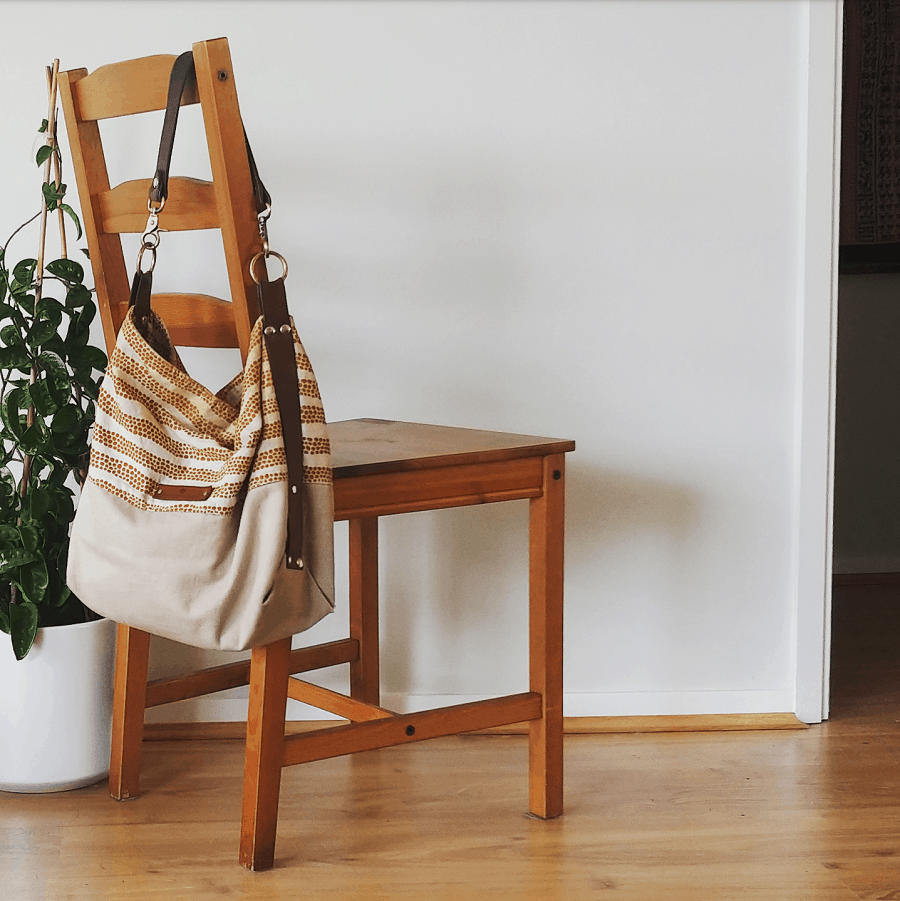
It’s more than just money – it’s belief in someone else’s work and a coming together of shared values. For example, Etsy currently has 36,882 results for ‘zero waste‘. Buying a product from a zero waste seller isn’t just parting with your cash, it’s reaffirming to the sellers that we care about these issues too.
You’re keeping useful skills alive (and maybe even encouraging more people to embrace them).
I don’t know how to sew, embroider, weave, turn wood, paint, blow glass or build things that don’t fall apart. But other people do, and Etsy has provided a platform for them to share their skills and work with the world.
Before platforms like Etsy existed, it was difficult for sellers to reach people who wanted what they had, and time-consuming to attend markets. Now, Etsy has made it possible (and easy) for sellers to connect with buyers, which means creators can spend more time doing what they love – creating.
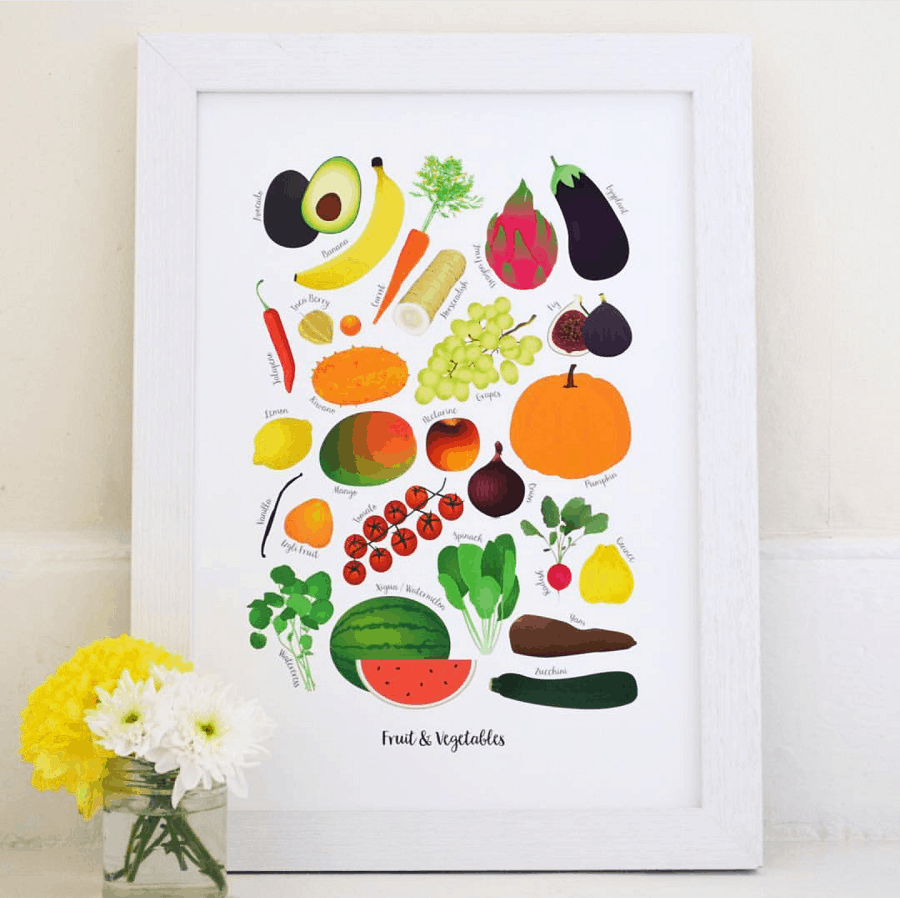
It also means that more people can become creators. The only barrier is actually having a skill to share. Make soap? Create art? Upcycle clothing? Restore furniture? There’s a space on Etsy for you.
4. You can ask questions and make your preferences known.
Of course it’s no guarantee that everything on Etsy is produced ethically from sustainable materials and shipped in recycled packaging. But when you’re dealing with a creator directly, you can ask the questions.
Where do they source their materials? Do they make the products by hand themselves? Who else works in the business? Will they ship without packaging? Do they avoid using plastic?
It’s a lot easier for a creator to be transparent than it is for a faceless customer service representative at a big box store – who likely has no idea about the buying and procurement procedures for the company at which they work.
Plus, when you’re dealing directly with the creator, you have the opportunity to ask for exactly what you want. Looking for a different colour, or have a slightly different design in mind? Ask!
There’s never a guarantee but many Etsy sellers offer custom orders, so you can make sure the thing you buy is exactly what you want. Which is the best way to ensure the things we buy are things we use often.
5. You can find upcycled, reclaimed, recycled and second-hand.
Don’t make the mistake of thinking that creators and sellers on Etsy only work with brand new materials. Not at all! If there’s something that you’re looking for, I’d always recommend looking to see if someone has made it out of already existing materials first.
There are so many great small businesses creating useful products out of what others might see as waste, be it metals, wood, fabric and even packaging. (There isn’t space to list them here, but I think it might make a good post for another time.)
Also, Etsy is a platform for vintage goods – which is really a fancy way of saying second-hand. If you’re the kind of person who loves old, but rarely finds cool old stuff in the charity shop yourself, Etsy is a great place to track down second-hand things.
I prefer to save the trawling through auction houses and antiques stores for the people who really love to do it, and have an eye for useful things. I think it’s cool that rather than languishing on a dusty shelf in a sleepy town in an old second-hand store, Etsy makes it easier to give these things new life and keep them in circulation.
You can find out more about Etsy here.
Now I’d love to hear from you! Have you used Etsy before and what was your experience? Are you a creator who sells things on Etsy? Have you found any awesome vintage or upcycled finds? Any zero waste or sustainability-focussed sellers to recommend? Any other thoughts? Please share in the comments below!
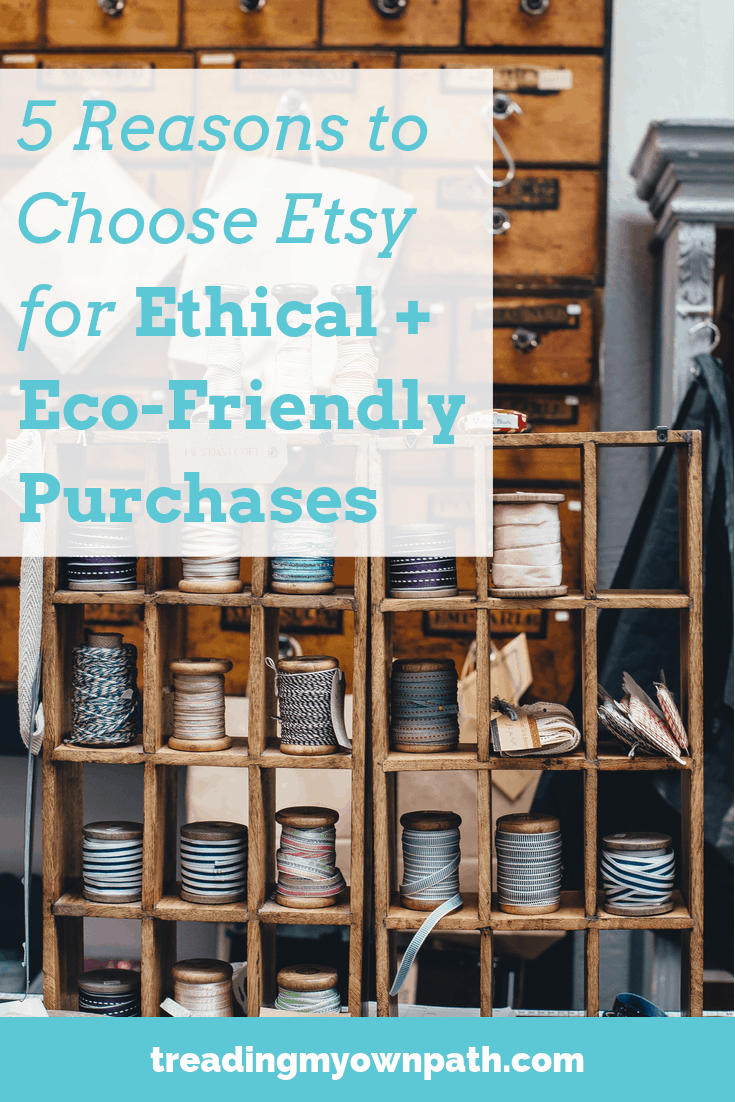
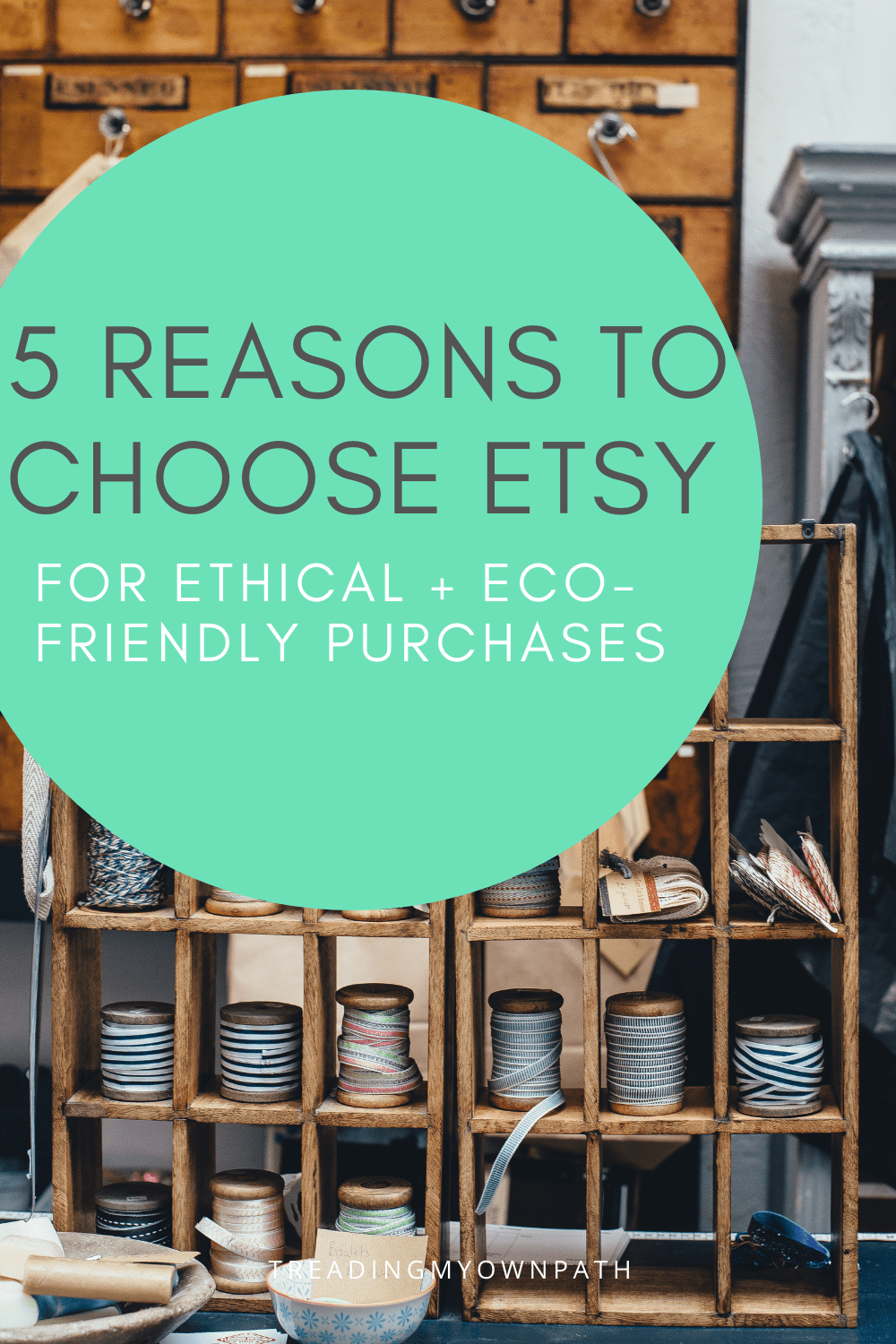

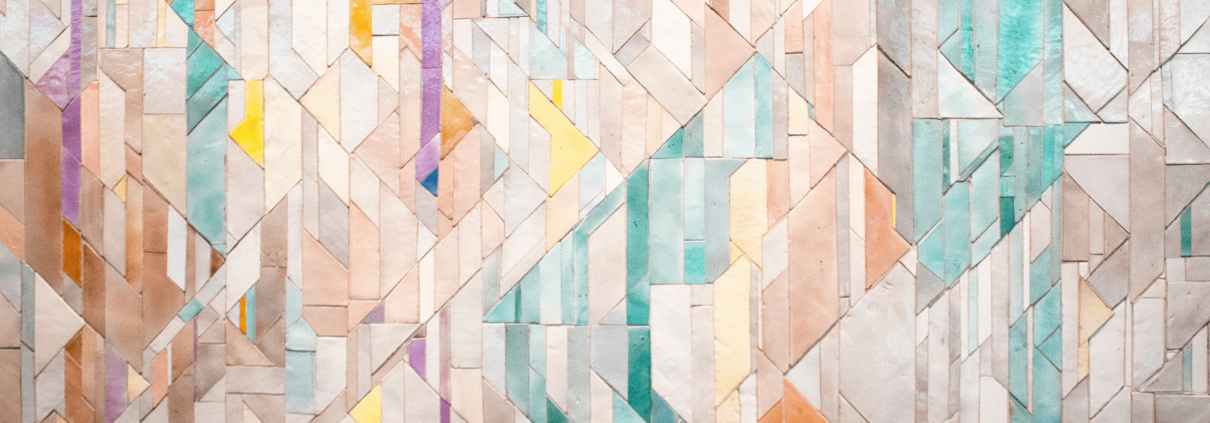
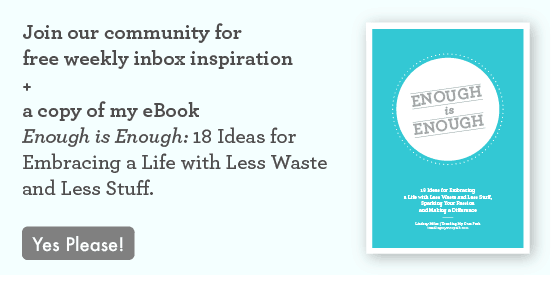




Great article & great way to buy!! Cheers Caroline aka Urban Tucker Woman!
Hi Caroline, lovely to hear from you :) And thank you!
Wow! I haven’t heard about etsy before! It really sounds great! Thank you for the share!
My pleasure Joshua :)
Etsy is great. I do love a lot of the jewlery there, and sometimes they send small cute notes! Thanks for sharing!
The personalised touch and the whole dealing-with-a-real-actual-person experience is exactly why I think it’s so great, Linda :)
Thank you for sharing how important it is to buy from crafters and artisans who are often making eco choices. My mother makes hand knit dish cloths (organic options too!) and other quilted and knit items (like coffee cup sleeves so people do not use the cardboard ones) and has an Etsy shop to sell them. I personally love supporting these small businesses, run by real people who are often women embracing eco-friendly practices. ❤️
Thanks for this great post about Etsy. I didn’t know about their mission, etc. and eco friendliness!
Look forward to reading more.
No Etsy is not ethical. They sell dead, dried seahorses!! You think that’s ethical??
Lindsay made that quite clear. You need to source the ethical sellers on the site.